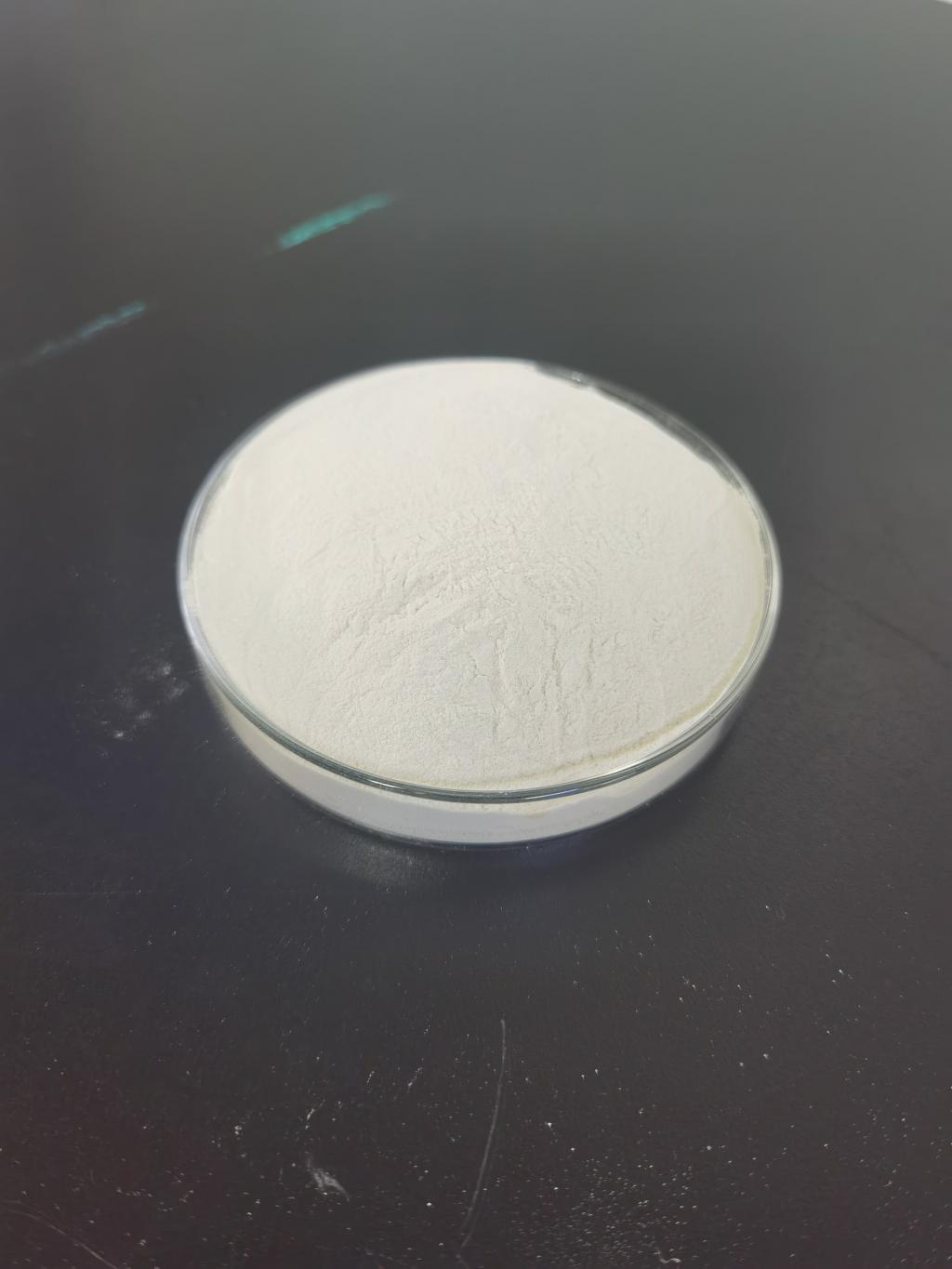Tel:+8618231198596

News
 CONTACT
CONTACT
 CONTACT
CONTACT
- Linkman:Linda Yao
- Tel: +8618231198596
- Email:linda.yao@dcpharma.cn
- Linkman:CHARLES.WANG
- Department:Overseas
- Tel: 0086 0311-85537378 0086 0311-85539701
News
Current Position:
Home >
News
>Nisin's Role in Addressing Challenges of Food Safety in Street Food Vending
Nisin's Role in Addressing Challenges of Food Safety in Street Food Vending
TIME:2024-01-26
I. Challenges of Food Safety in Street Food Vending:
Limited Sanitation Facilities:
Street food vendors often operate in environments with limited access to proper sanitation facilities. The lack of clean water, handwashing stations, and waste disposal systems increases the risk of microbial contamination in food.
Temperature Control:
Maintaining proper temperature control is challenging for street food vendors who may not have access to refrigeration. This creates conditions conducive to the rapid proliferation of bacteria, leading to foodborne illnesses.
Cross-Contamination:
Street food vendors typically work in confined spaces, making it difficult to implement effective measures to prevent cross-contamination. Shared utensils, surfaces, and equipment may contribute to the spread of pathogens.
Inadequate Training and Awareness:
Limited resources often translate into inadequate training for street food vendors regarding food safety practices. Lack of awareness about hygiene, proper food handling, and the risks associated with microbial contamination further compounds the challenges.
II. Understanding Nisin and Its Antimicrobial Properties:
Natural Origin:
Nisin is a naturally occurring antimicrobial peptide produced by certain strains of lactic acid bacteria, primarily Lactococcus lactis. Its natural origin makes it an attractive option for food safety, especially in environments where synthetic preservatives may be less accessible.
Mechanism of Action:
Nisin's primary mode of action involves disrupting the cell membranes of susceptible bacteria, leading to cell death. This mechanism is effective against a broad spectrum of Gram-positive bacteria, including many foodborne pathogens.
III. Applications of Nisin in Street Food Vending:
Preservation of Ready-to-Eat Foods:
Street food vendors often prepare ready-to-eat items that are susceptible to rapid microbial contamination. Nisin can be incorporated into these foods to extend their shelf life and reduce the risk of foodborne pathogens.
Foodborne Pathogen Control:
Nisin's efficacy against foodborne pathogens, such as Listeria and Staphylococcus aureus, makes it a valuable tool for street food vendors to control the growth of these bacteria in their products.
Integration into Marinades and Sauces:
Street food vendors frequently use marinades and sauces to enhance the flavor of their dishes. Incorporating Nisin into these preparations not only contributes to flavor but also acts as a natural preservative, safeguarding against bacterial contamination.
IV. Benefits of Nisin in Street Food Vending:
Enhanced Shelf Life:
By inhibiting the growth of spoilage microorganisms, Nisin contributes to the extension of the shelf life of street food products. This is particularly crucial for vendors who operate in environments without access to refrigeration.
Natural and Clean-Label Preservative:
Consumers are increasingly drawn to natural and clean-label products. Nisin's natural origin aligns with these preferences, allowing street food vendors to offer safer products without the use of synthetic preservatives.
Improved Food Safety:
The incorporation of Nisin addresses the challenges of microbial contamination in street food. This not only improves the safety of the food but also helps build consumer trust, contributing to the overall success of street food vendors.
V. Overcoming Challenges and Considerations:
Cost-Effectiveness:
While Nisin is a promising natural preservative, its cost-effectiveness for street food vendors is a crucial consideration. Research and development efforts should focus on optimizing production processes to make Nisin more accessible to vendors with limited financial resources.
Education and Training:
Efforts to promote the use of Nisin in street food vending should include educational initiatives. Providing training to vendors on proper food handling, hygiene practices, and the benefits of Nisin can lead to more effective implementation.
VI. Case Studies and Success Stories:
Implementation in Local Street Food Markets:
Exploring case studies of successful implementation of Nisin in local street food markets can serve as inspiration for other vendors. Sharing success stories can highlight the positive impact on food safety and business sustainability.
Collaboration with Health Authorities:
Collaboration between street food vendors and health authorities can create a supportive environment for the adoption of Nisin and other food safety measures. Regulatory support, training programs, and periodic inspections can contribute to a safer street food ecosystem.
VII. Future Directions and Research Opportunities:
Development of Nisin-Infused Packaging:
Research into the development of packaging materials infused with Nisin could offer an additional layer of protection for street food products. These innovative packaging solutions could release Nisin gradually, ensuring sustained antimicrobial activity.
Tailoring Nisin for Local Cuisine:
Considering the diversity of street food offerings globally, research can explore the optimization of Nisin for different types of cuisines and food preparations. Tailoring Nisin formulations to suit local tastes and preferences can enhance its acceptance.
VIII. Conclusion:
Nisin's role in addressing the challenges of food safety in street food vending represents a significant stride towards creating a safer and more sustainable industry. Its natural origin, potent antimicrobial properties, and potential for extending shelf life make it a valuable asset for vendors operating in challenging environments. As research and development efforts continue, and awareness about the benefits of Nisin spreads, street food vending can evolve into a safer and more resilient sector, ensuring that consumers around the world can enjoy diverse and delicious street food offerings without compromising on safety.
- Tel:+8618231198596
- Whatsapp:18231198596
- Chat With Skype







